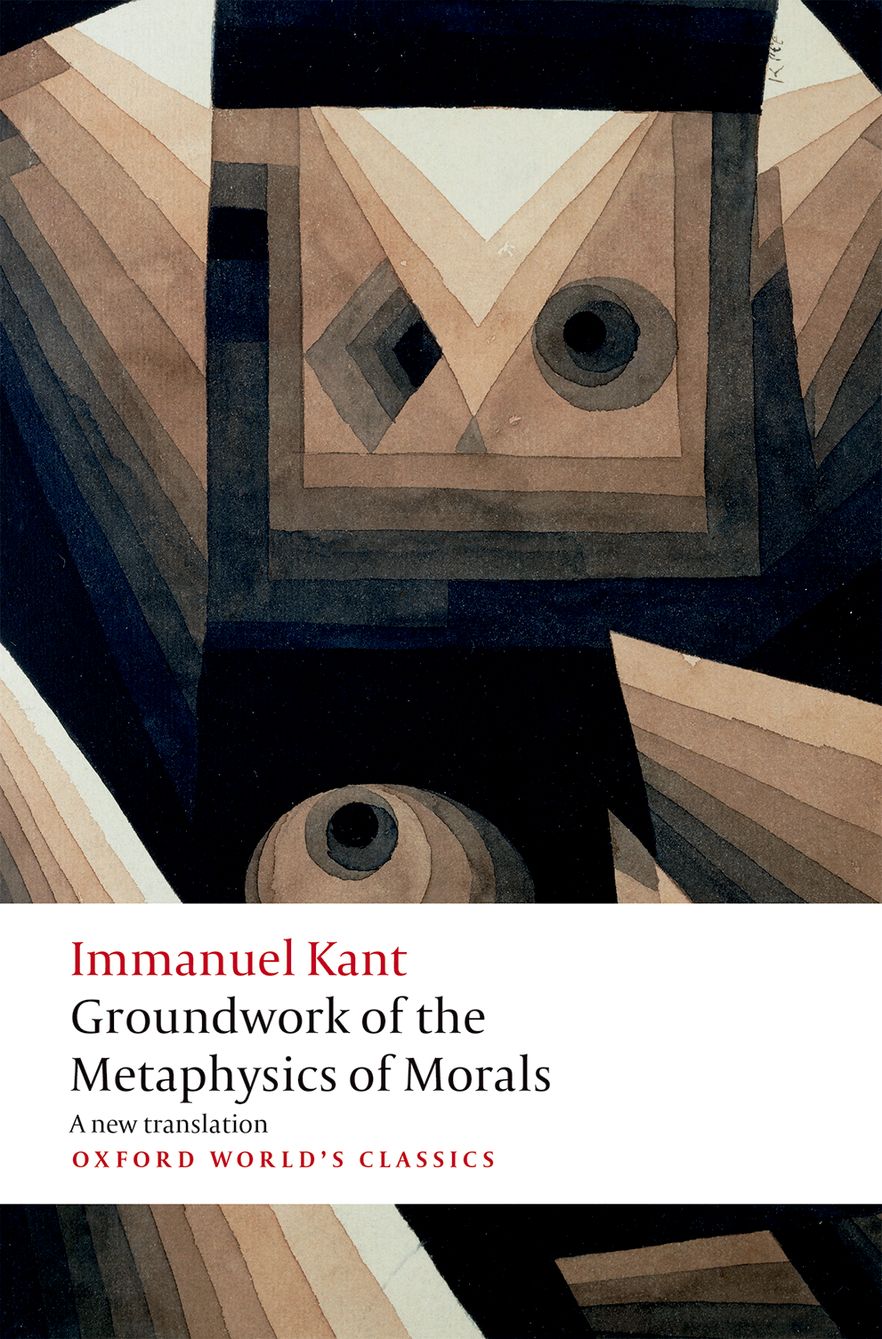Groundwork for the Metaphysics of Morals

Groundwork for the Metaphysics of Morals
|
ISBN: |
9780198786191 |
|
Binding: |
Paperback |
|
Published: |
12 Dec 2019 |
|
Availability: |
84
|
|
Series: |
$25.95 AUD
$28.99 NZD
Add To CartDescription
'The present groundwork is nothing more than the identification and vindication of the supreme principle of morality.'
In the Groundwork for the Metaphysics of Morals (1785), Immanuel Kant makes clear his two central intentions: first, to uncover the principle that underpins morality, and secondly to defend its applicability to human beings. The result is one of the most significant texts in the history of ethics, and a masterpiece of Enlightenment thinking. Kant argues that moral law tells us to act only in ways that others could also act, thereby treating them as ends in themselves and not merely as means. Kant contends that despite apparent threats to our freedom from science, and to ethics from our self-interest, we can nonetheless take ourselves to be free rational agents, who as such have a motivation to act on this moral law, and thus the ability to act as moral beings.
One of the most studied works of moral philosophy, this new translation by Robert Stern, Joe Saunders, and Christopher Bennett illuminates this famous text for modern readers.
Find the eBook on VitalSource.
Features
- A clear introduction provides an overview of Kant's argument in the text, and an assessment of its legacy
- The editorial notes provide succinct information on Kant's references and allusions, and also discussion of the linguistic and philosophical issues raised by parts of the text
- A readable translation which maintains accuracy, and is thus less literal than some recent translations, whilst conveying Kant's meaning in ways that make it accessible in English
- An up-to-date bibliography of key works on Kant and the Groundwork
ABOUT THE SERIES
For over 100 years Oxford World's Classics has made available the widest range of literature from around the globe. Each affordable volume reflects Oxford's commitment to scholarship, providing the most accurate text plus a wealth of other valuable features, including expert introductions by leading authorities, helpful notes to clarify the text, up-to-date bibliographies for further study, and much more.
Contents
Introduction
Note on the translation and the text
Select bibliography
A chronology of Immanuel Kant
Groundwork for the Metaphysics of Morals
1: Transition from common to philosophical rational knowledge of morality
2: Transition from popular moral philosophy to the metaphysics of morals
3: Transition from the metaphysics of morals to the critique of pure practical reason
Explanatory notes
Glossary
Index
Authors
Immanuel Kant
Christopher Bennett is Reader in Philosophy at the University of Sheffield. He has published widely on topics such as criminal justice and punishment, forgiveness, moral emotion, and moral agency, and is the author of several books, including What Is This Thing Called Ethics (Routledge 2010) and The Apology Ritual: A Philosophical Theory of Punishment (CUP 2008). In the history of philosophy, he is particularly interested in Kantian and post-Kantian approaches.
Joe Saunders is Assistant Professor of Philosophy at Durham University. He studied at the University of Canterbury in New Zealand, and completed his PhD at the University of Sheffield. His research focuses on ethics and agency in Kant and the post-Kantian tradition, but he also has interests in media ethics and the philosophy of love. His article Kant and the Problem of Recognition (IJPS 2016) won the 2015 Robert Papazian Prize.
Robert Stern is Professor of Philosophy at the University of Sheffield, where he has worked since 1989. He was previously a student and then Junior Research Fellow at St John's College Cambridge. He has published extensively on Kant, Hegel, and transcendental arguments, as well as on accounts of moral obligation. A collection of his papers on Kant was published by Oxford University Press in 2015, under the title Kantian Ethics: Value, Agency, and Obligation.